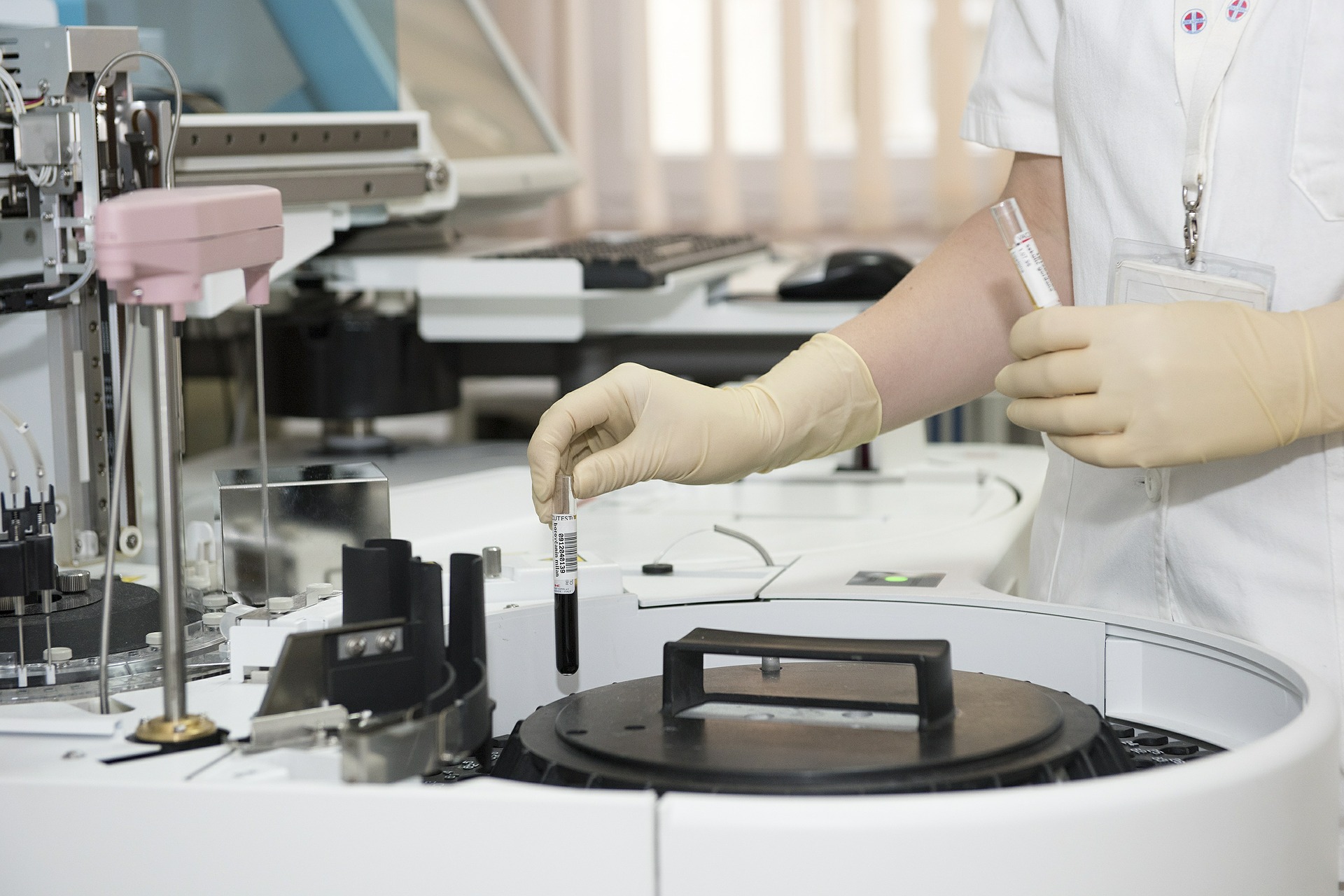Are scientists’ reactions to ‘CRISPR babies’ about ethics or self-governance?
By Nina Frahm and Tess Doezema,
Stat News
| 01. 28. 2019
It’s been two months since Chinese scientist He Jiankui shocked the world with the announcement that his lab had created the first genetically edited babies. Since then, much of the public furor surrounding the news has died down, even as He has been fired by the Southern University of Science and Technology. There is one important takeaway from the controversy that seems to have gone overlooked in the CRISPR ethics discussion: defining the ethics of editing human life should not be left to scientists alone.
The research community widely agreed that He and his colleagues crossed an ethical line with the first inheritable genetic modification of human beings. Gene-editing experts as well as bioethicists described the transgression as being conducted by a “rogue” individual. But when leading voices such as NIH Director Francis Collins assert that He’s work “represents a deeply disturbing willingness by Dr. He and his team to flout international ethical norms,” what are they actually expressing concern about? Who determines what are the ethics of altering human life?
We believe that the alarm being sounded by the...
Related Articles
By Scott Solomon, The MIT Press Reader | 02.12.2026
Chris Mason is a man in a hurry.
“Sometimes walking from the subway to the lab takes too long, so I’ll start running,” he told me over breakfast at a bistro near his home in Brooklyn on a crisp...
By Zachary Brennan, Endpoints News | 02.23.2026
The FDA is spelling out the details of a new pathway to help speed personalized cell and gene therapies to market for rare diseases.
Monday’s long-awaited draft guidance outlines the agency’s “plausible mechanism” framework, a pathway FDA Commissioner Marty Makary...
By Amy Feldman, Forbes | 02.17.2026
"Jennifer Doudna" by Duncan Hull for the Royal Society via Wikimedia Commons licensed under CC by SA 3.0
Soon after KJ Muldoon was born in August 2024, he was lethargic and wouldn’t eat. His worried doctors realized his ammonia...
By David Jensen, California Stem Cell Report | 02.10.2026
Touchy issues involving accusations that California’s $12 billion gene and stem cell research agency is pushing aside “good science” in favor of new priorities and preferences will be aired again in late March at a public meeting in Sacramento.
The...




